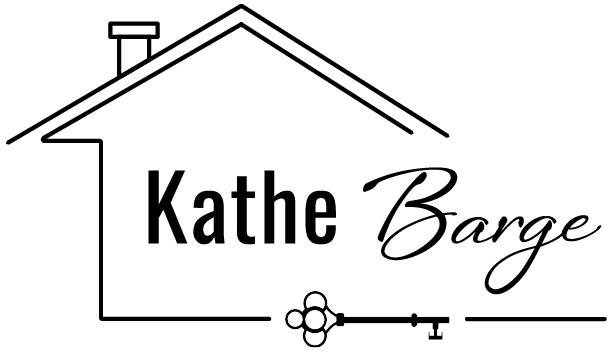Things to Consider

We hear selling a home can be a trying process. Any annoyances a seller should be expecting?
Below is a short list of many of the “joys” sellers might experience during the listing process. Being aware that these are possibilities will hopefully help you take them in good humor if they happen to you!
- The agent showing your home will miss appointments and not call or show up.
- Appointments will be made and cancelled at the last minute.
- Some showings will last about five minutes and some will last 3 hours.
- There will be a day when I call you and say someone wants to see your house, and you are going to ask me when. And I will say: “Look out your windows, they are sitting outside now”!
- Agents are going to knock on your door or even drive by, see you in the yard and ask if can they see you house.
- Agents showing your home will forget to turn lights off.
- Agents showing your home will let your pets out (best to remove them from your home for showings) or your neighbor’s pet in.
- Agents will provide unhelpful feedback – buyers buy homes when they attach emotionally to a home and when they don’t, their feedback is often nonsensical.
- Agents will not provide any feedback – incredibly annoying, I know.
- Expect lowball offers (at least it is a starting point). If your home has been on the market for more than a month, there is a reasonable chance that you priced it too high – maybe the lowball isn’t as low as you think.
- Things will come up on the inspection that you had no idea were wrong with your home and you will be sure the inspector made a mistake. A pre-inspection is a great way to protect yourself against this!
- The buyer will make ridiculous inspection requests.
- The buyer will ask to bring in contractors for estimates for work they want to do after the closing at the seemingly most inconvenient times.
- The property might not appraise at what you are selling it for. In a hot market like this one, this is a real risk. Be prepared to adjust your price if your sales price is over the listing price and it doesn’t appraise.
- The closing date on the contract may change. Lenders and closing companies remain swamped right now – be open to the possibility of a delay.
QUICK SEARCH

Associate Broker
HOWARD HANNA
REAL ESTATE SERVICES
401 Broad Street
Sewickley, PA 15143
Cell: 412-779-6060
Office: 412-741-2200 x238
kbarge@howardhanna.com





